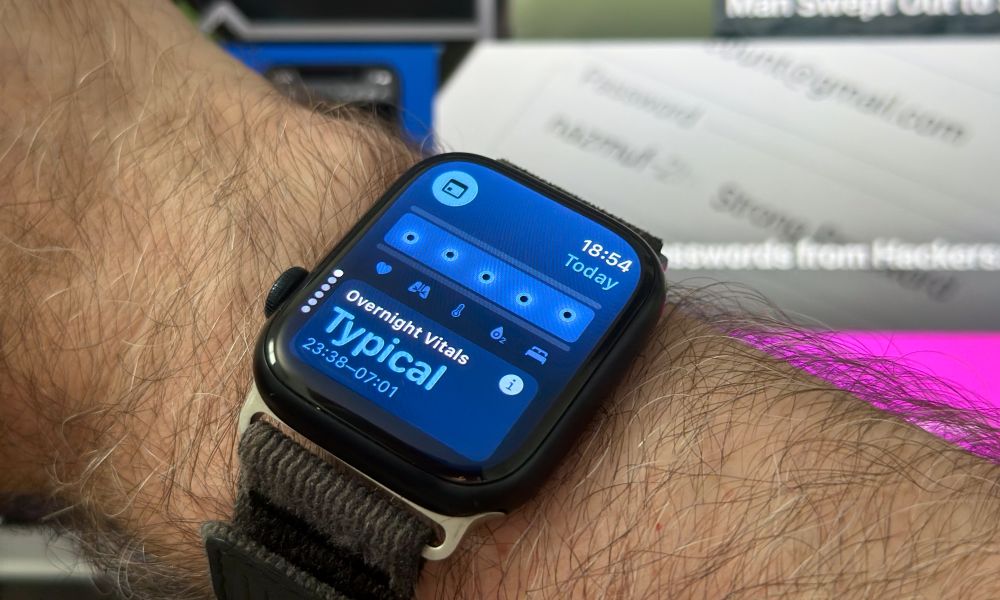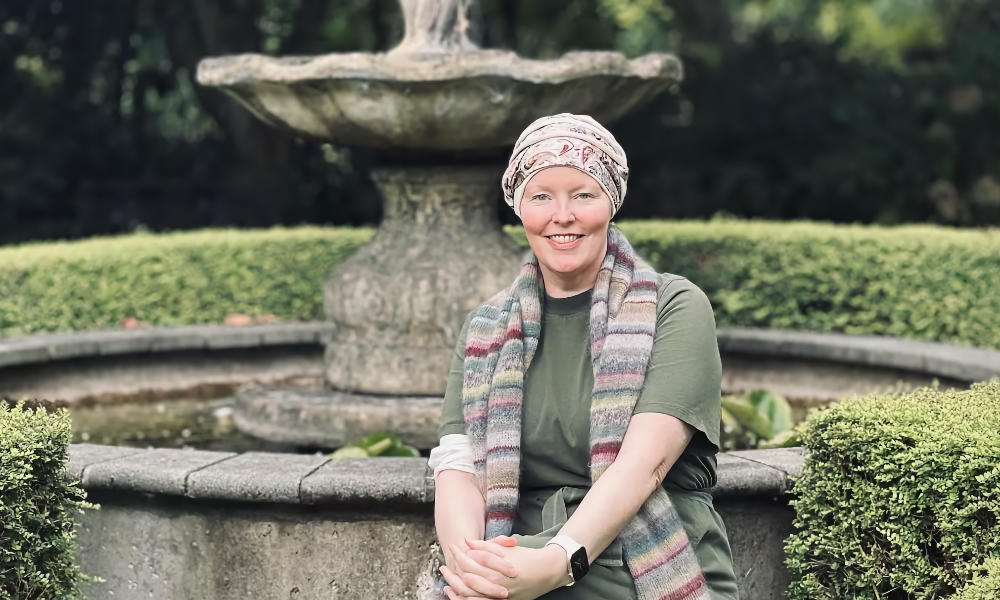Apple Watch Helps Woman Detect Her Rare Cancer Early

Toggle Dark Mode
We’ve published several stories over the years about the Apple Watch alerting users to life-threatening conditions, and today’s article continues that trend. The New Zealand Herald reports that the Apple Watch Series 10’s health monitoring overnight metrics feature has likely saved a New Zealand woman’s life by alerting her of abnormal health readings.
Napier, New Zealand consultant psychiatrist Amanda Faulkner had used her husband’s old Apple Watch for several years before purchasing a Series 10 last year. One of the new features the Series 10 offers is the Vitals app. This app monitors multiple health metrics overnight, tracking a wearer’s heart rate, respiratory rate, body temperature, blood oxygen, and sleep. The Watch then delivers a report each morning, with alerts warning if any of the tracked health metrics were abnormal during the night.
Faulkner told The New Zealand Herald that her Apple Watch alerted her multiple times that her resting heart rate was elevated. While her heart rate had historically been around 55 beats per minute, it was elevating overnight to the 90s. Initially, she believed that the Watch “must be faulty.”
“I thought I was probably just a bit anemic,” she told the Herald. As far as she knew, she was fit and healthy. Why, she and her husband had recently gone on a hiking expedition in Australia
However, when the Apple Watch continued to alert her to the issue, she decided to pay a visit to her family doctor, sharing the data with the medical professional directly from her Apple Watch.
Faulkner’s doctor referred her to a local hospital’s emergency department, where they conducted tests and diagnosed her with a rare type of blood cancer called Acute Myeloid leukemia. Color her surprised when doctors told her that if she had come in just a few days later, “she could have died from her untreated cancer and its complications.”
The following day (January 9), she was transferred to Palmerston North Hospital.
Faulkner is not out of the woods yet. She has been in Palmerston North Hospital ever since, receiving chemotherapy.
In July she’s booked for a stem cell transplant in Wellington, which will replace her bone marrow with that of a donor’s from Europe — essentially giving her new bone marrow and a new immune system (July is the earliest staffing and available bed space allows).
“Hand on heart, if it wasn’t for my smartwatch constantly nagging me, I wouldn’t have even noticed something was wrong,” Faulkner said. Amanda’s husband Mike, said the Apple Watch “made a life-changing difference” by increasing his wife’s chances of beating her cancer.
As a trained medical professional, she has no illusions about the seriousness of her health situation, as the stem cell procedure itself has a 20% chance of mortality.
“It’s pretty confronting.”
That said, Amanda and Mike are in good spirits, praising the Apple Watch for making a “life-changing difference” by giving them a head start, improving Amanda’s odds of beating the cancer.
Good luck, Amanda, we’re pulling for you!








